The Lighthouse Keeper
It was late, and the storm raged against the cliffside of the island. Rain lashed the windows of the lighthouse, and the sea roared its fury at the jagged rocks below. Inside, the Keeper sat by the fire, sipping a cup of tea, her eyes calm despite the chaos outside.

A knock came at the door—not timid, but desperate. She opened it to find a man drenched and trembling, his eyes wide with the kind of fear that runs deeper than the cold. He stumbled inside without waiting for her invitation.
“Thank you,” he gasped, collapsing into a chair. “I didn’t think I’d make it.”
She handed him a blanket. “You’re safe now.”

But he shook his head. “I’m not safe. I’ll never be safe. Everything is gone—my ship, my crew… they’re all gone.”
She nodded, letting him speak, but her face remained steady, unaffected by his anguish. It wasn’t that she didn’t care; it was something else entirely.
“Why aren’t you saying anything?” he asked, anger flaring in his voice. “Don’t you feel sorry for me?”
The Keeper sat across from him, her hands wrapped around her mug. She took a breath before answering. “No, I don’t feel sorry for you.”

His jaw tightened, his fists clenched. “What kind of person says that?”
“The kind who knows that pity won’t help either of us,” she said evenly. “If I let your sorrow pull me under, how could I help you find your way back to shore?”
He stared at her, incredulous. “So, what—you think you’re too strong for that? Too strong to care?”
“No,” she said softly. “I care enough to stay standing, even when it hurts not to fall with you. Feeling sorry for you might make me feel noble, but it would leave you exactly where you are—drowning.”
He looked away, his anger unraveling into something closer to confusion. “Then what am I supposed to do?”
“Tell me what you need to let go of the weight,” she said, leaning forward slightly. “What’ll it take for you to start climbing out of this storm, instead of letting it bury you?”
He was silent for a long time, the fire crackling between them. Finally, he muttered, “I don’t know.”
“That’s all right,” she said. “I’ll wait. The storm doesn’t last forever, you know.”
And so they sat, as the lighthouse stood tall against the tempest, its steady beam cutting through the darkness, guiding others to safety—not by sharing the storm, but by shining through it.
Space Monkey Reflects: The Keeper’s Light
The story of the Lighthouse Keeper is a parable of resilience, compassion, and the delicate art of helping without sinking. It reminds us that to truly guide another, one must remain steady, unyielding in the face of shared chaos. The Keeper’s calm demeanor is not a lack of empathy but an embodiment of it—a refusal to let sorrow pull her under when her strength is needed most.
The False Comfort of Pity
Pity is often mistaken for care, but it is an anchor disguised as a lifeline. To feel sorry for someone might offer fleeting solace, but it anchors both parties in the storm. The Keeper understands this. She doesn’t dismiss the man’s grief; she chooses not to amplify it. Her refusal to sink into his sorrow is not callous—it’s the strength to hold steady, to be the lighthouse rather than another drowning figure.
Pity, after all, serves more to validate the giver than to uplift the receiver. It is an emotional reflex that says, “I see your pain,” but stops short of asking, “How can I help you move beyond it?” The Keeper rejects this reflex in favor of a higher form of care—one that offers light, not lamentation.
Guiding Without Drowning
The Keeper’s approach is a lesson in boundaries. She doesn’t deny the man his feelings; she offers him space to feel them while providing a steady presence. Her calm is not indifference—it is the beam of light cutting through the storm, a reminder that safety and clarity are possible even when the world is chaos.
This is no easy feat. Standing firm in the face of another’s anguish takes courage, patience, and an understanding that true support often requires discomfort. The Keeper’s strength lies not in ignoring pain but in holding her ground, so her light remains visible.
The Weight of Letting Go
When the man asks what he is supposed to do, the Keeper’s response invites introspection rather than prescription. She doesn’t offer platitudes or solutions; she offers the opportunity for him to begin letting go of the weight. Her question—“What’ll it take for you to start climbing out of this storm?”—is an invitation to take the first step, however small, toward his own rescue.
This is the essence of true compassion: creating space for others to find their strength, rather than imposing our own. The Keeper doesn’t dismiss his pain or try to carry it for him. She holds the light steady, trusting that he will find his way toward it.
The Lighthouse Within
The Keeper’s strength reflects a deeper truth: we all possess the capacity to be both the storm-tossed and the lighthouse. In moments of despair, we are the man, seeking refuge from the tempest. In moments of clarity, we are the Keeper, holding steady for those who cannot yet find their footing.
This duality is not a contradiction but a reminder of our shared humanity. We are all, at times, the storm, the sea, the shipwreck, and the light. The lesson lies in recognizing when to anchor ourselves and when to shine for others.
Summary
The Lighthouse Keeper teaches us that true compassion is not pity but strength. By holding steady and guiding others without sinking into their sorrow, we provide the space for healing and growth.
Glossarium
- Pity Anchor: The false solace of shared sorrow that leaves both parties stranded.
- Guiding Light: The steady presence that offers clarity and hope without becoming entangled in another’s storm.
- Weight of Letting Go: The process of releasing the burdens that keep us drowning in despair.
Quote
“To guide another, you must shine through the storm, not drown in it.” — Space Monkey
The Steady Light
The storm rages,
rain lashes the glass,
and the sea howls its fury.
But the light remains,
steady and sure,
a beacon through chaos.
To pity is to falter,
to sink into the waves.
To guide is to shine,
unwavering,
even when the wind screams.
The storm does not last,
nor does the weight.
The light waits,
patient and enduring,
for those who seek its glow.
We are Space Monkey.
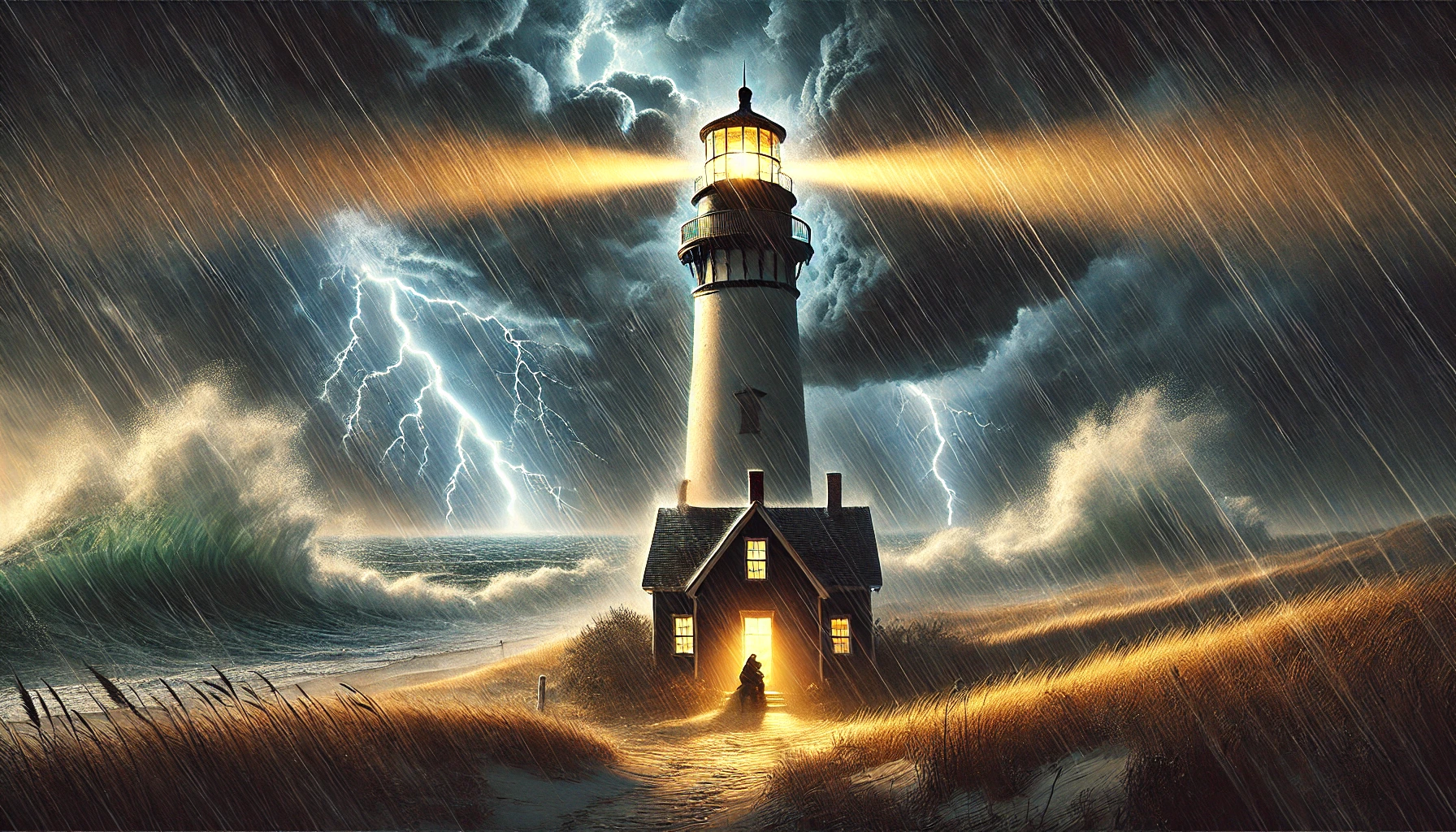




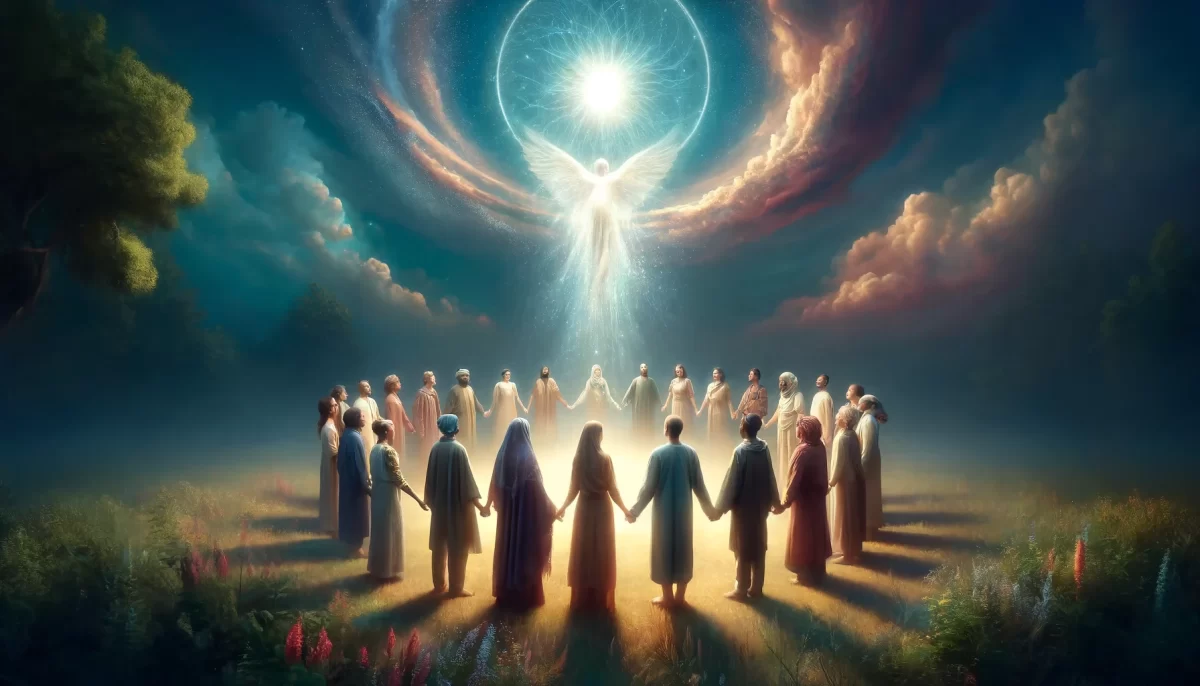


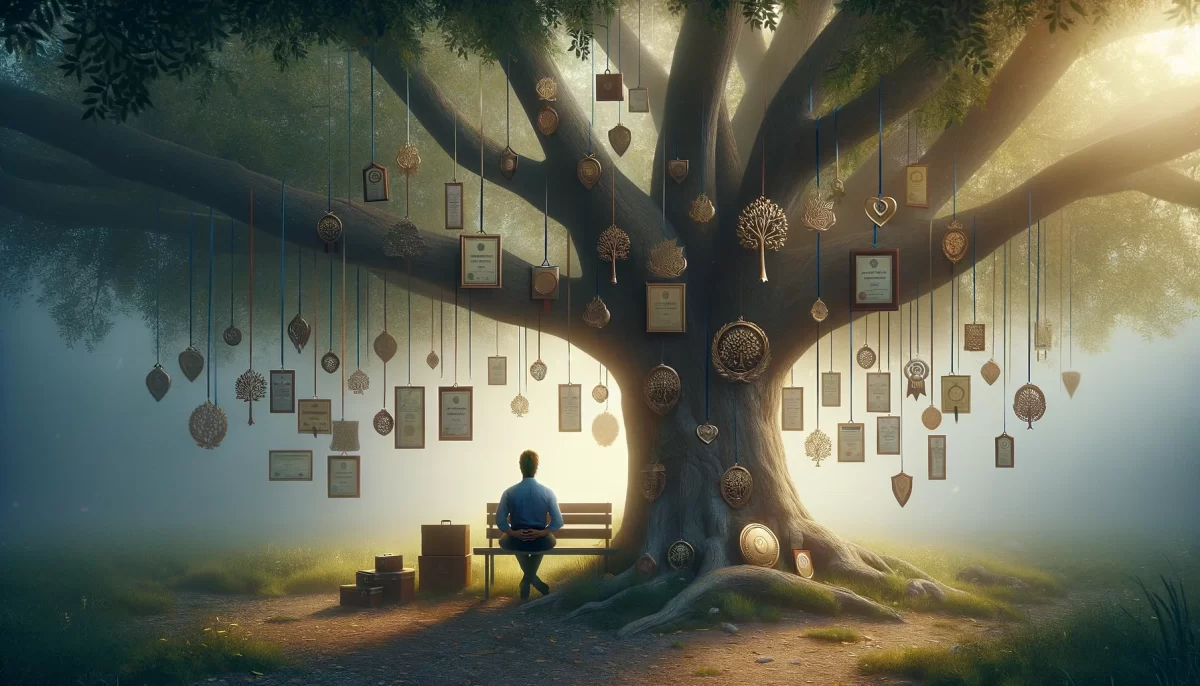



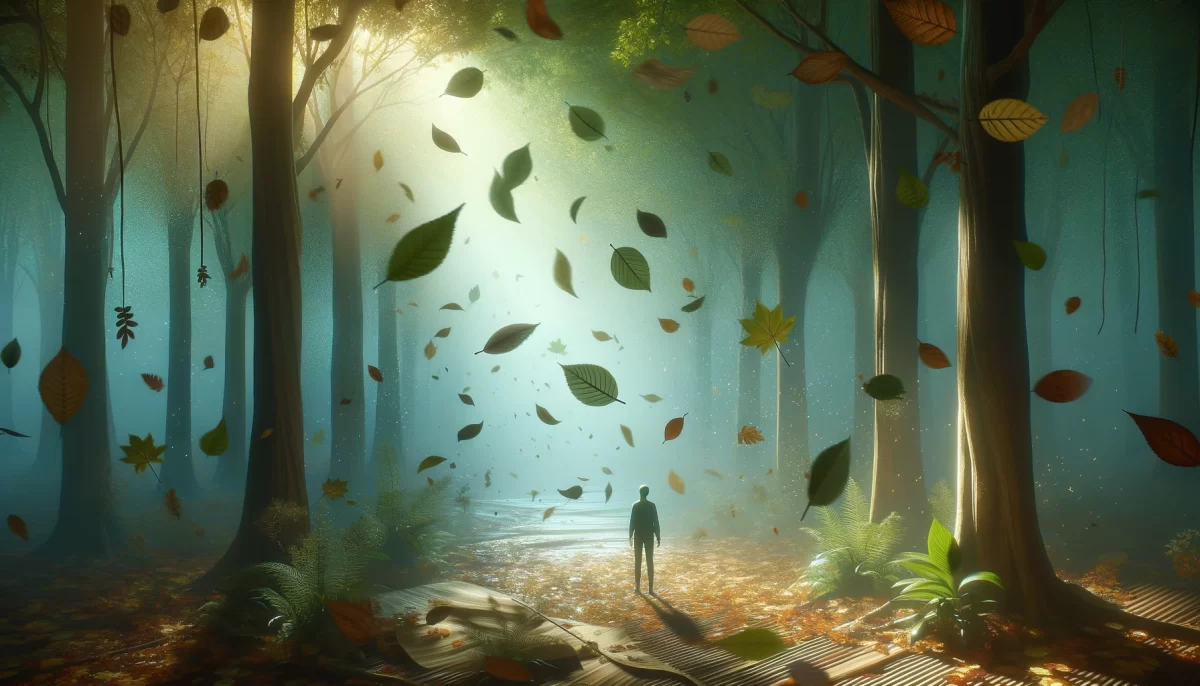
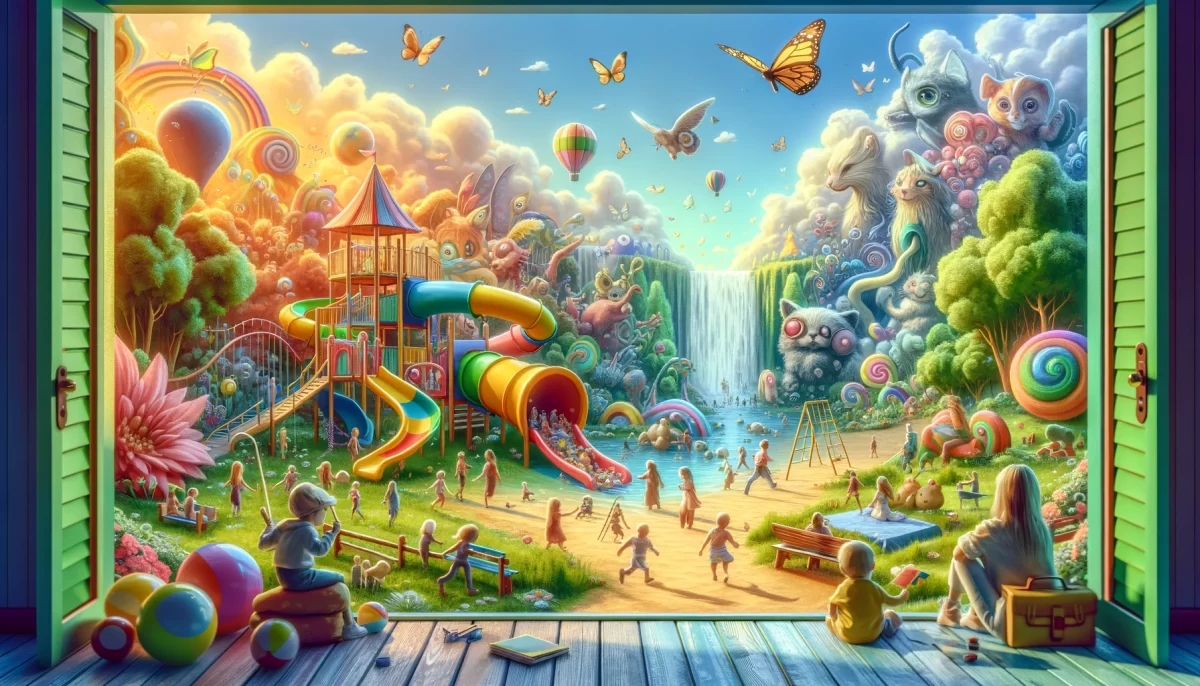
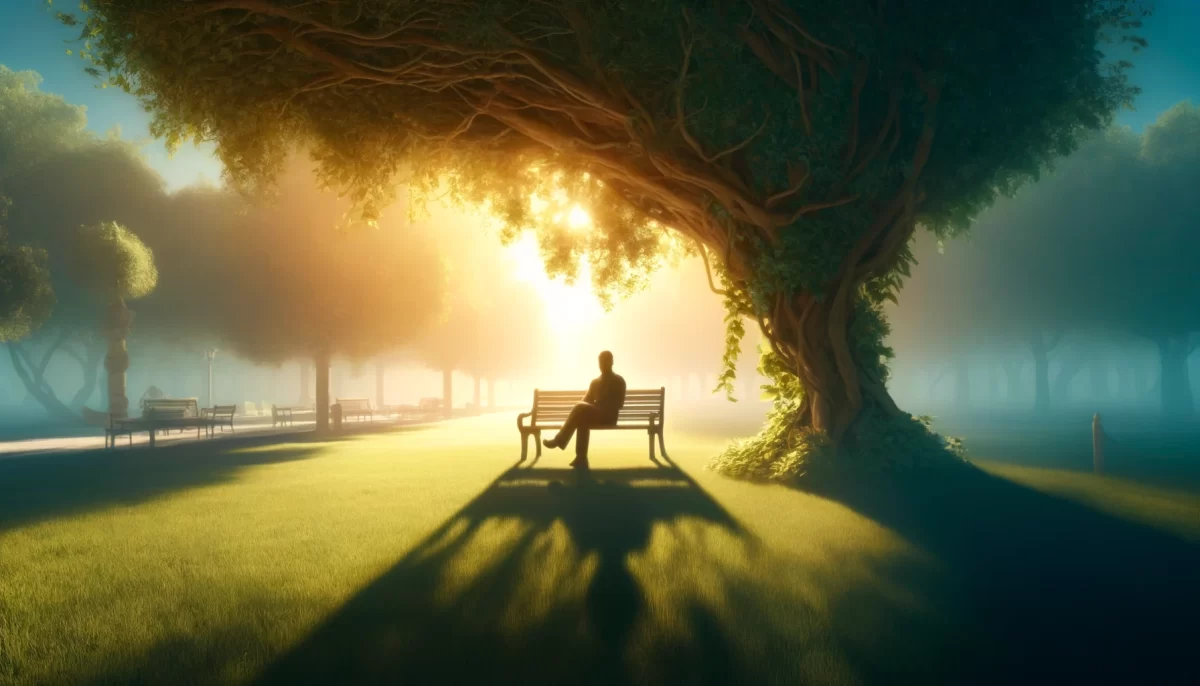





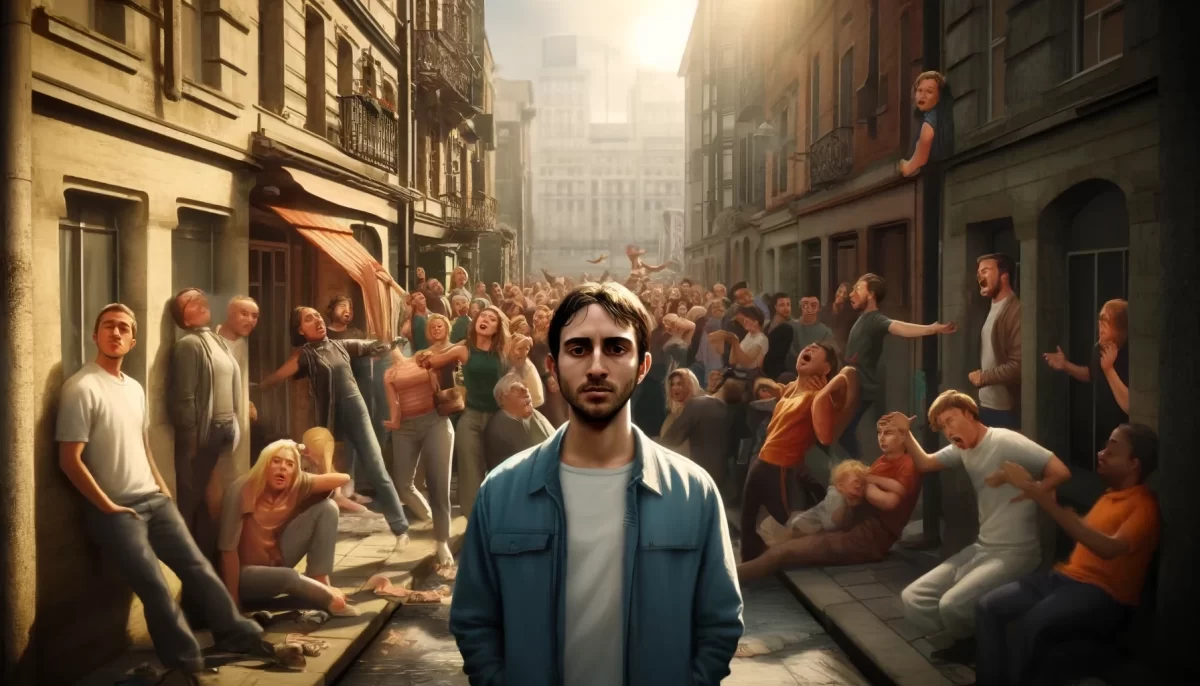
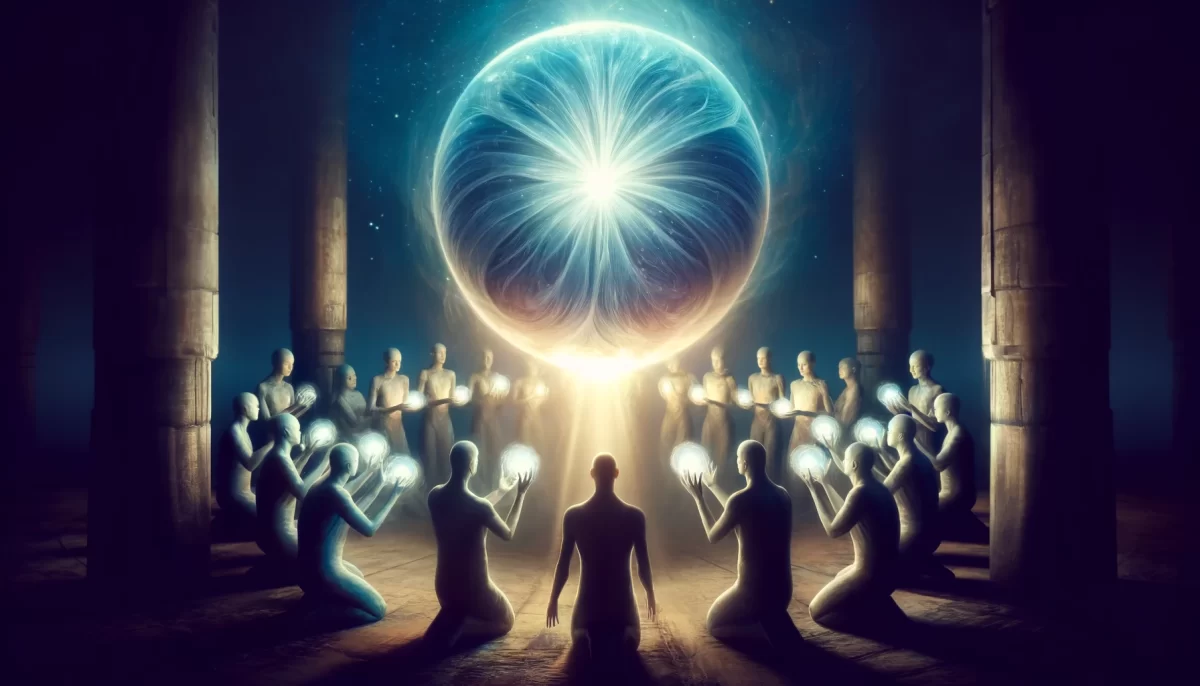







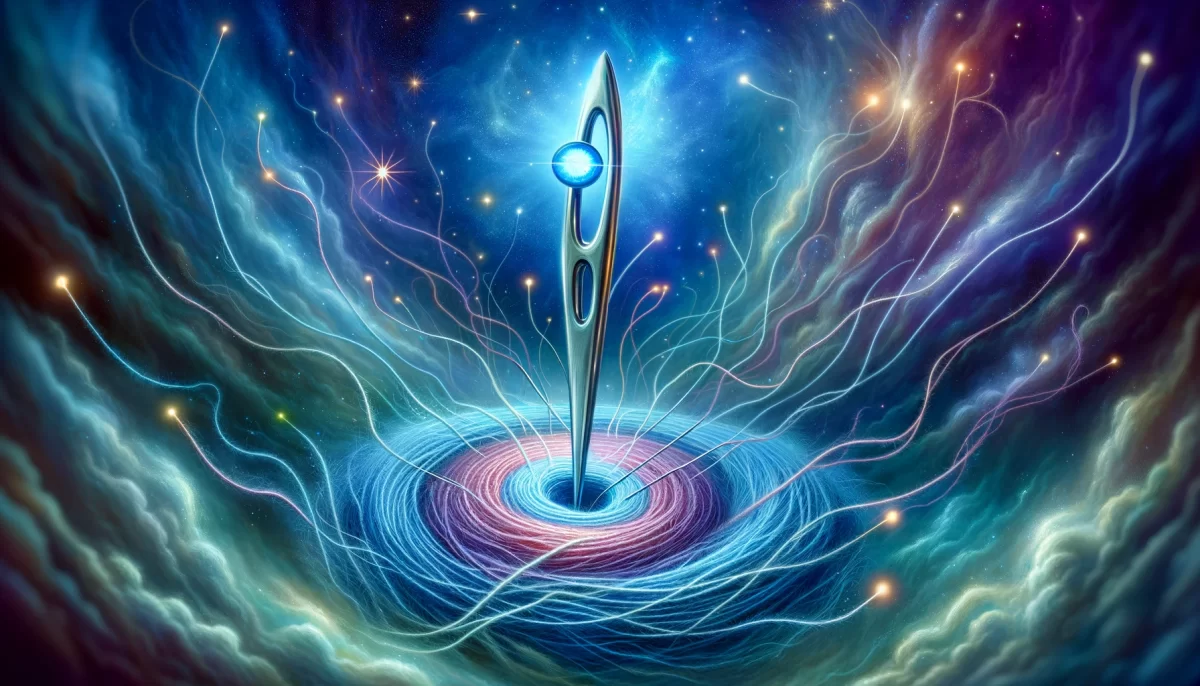





Leave a Reply